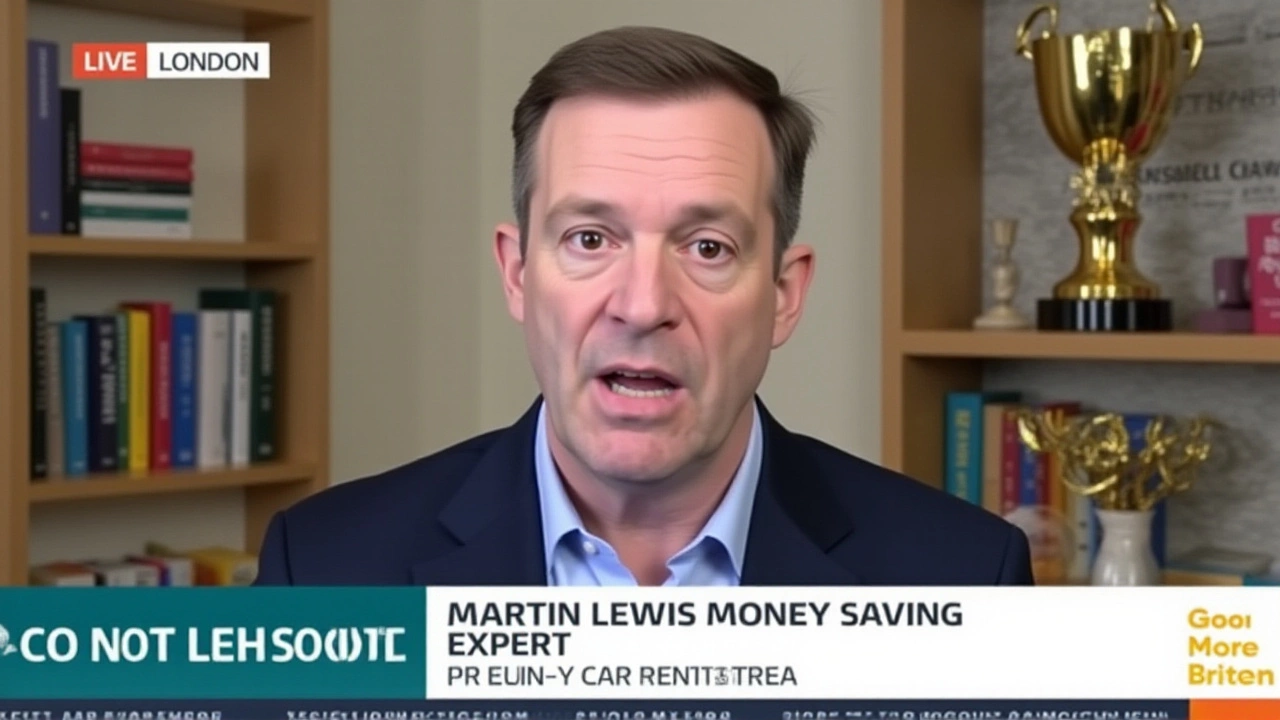
When Martin Lewis, founder of MoneySavingExpert.com broke down the Financial Conduct Authority’s (FCA) new car‑finance redress plan, the headline was impossible to ignore: up to 14 million UK consumers could each see about £700 returned to them.
The regulator, Financial Conduct Authority, announced the scheme on the FCA Car Finance Redress SchemeLondon – its headquarters sit at 12 Endeavour Square, London E20 1JN. The plan means lenders collectively face an estimated £8.2 billion bill, with payouts slated to start in 2026.
Why this matters now
Back in January 2021, the FCA cracked down on “discretionary commission arrangements” (DCAs), banning lenders from letting dealers secretly add interest to finance deals for extra kick‑backs. That ban set the stage for a deeper probe launched in January 2024, targeting three main ways car finance was mis‑sold.
Lewis summarized the three categories that trigger compensation:
- Discretionary Commission Arrangements – hidden dealer‑added interest.
- Dealer was contractually tied – lenders forced dealers to steer borrowers toward higher‑priced contracts.
- Unfairly high commission – fees that blew up the cost of a loan beyond what was reasonable.
These practices affected anyone who bought a car, van or motorbike on a Personal Contract Purchase (PCP) or Hire Purchase agreement before 28 January 2021. Leasing deals are off‑limits.
How the scheme works
The FCA’s redress model is straightforward: lenders will contact every eligible borrower with a standardized offer – roughly £700 on average, though the exact sum could swing higher or lower depending on the contract’s specifics. The process is opt‑out; if you get a letter, the money is yours without further paperwork, according to Lewis.
For those whose records vanished in the 2009‑2010 window, the burden shifts to the consumer. Lewis warned, “If the paperwork’s gone, you’ll need an old credit reference file, a bank statement, or any document that proves you were paying for a car finance deal.” MoneySavingExpert even hosts a template letter at mse.me/ytCarFinanceTemplate for anyone who must make a claim.
What lenders are facing
Major banks and captive finance arms of car manufacturers – think Barclays, Lloyds Banking Group and Ford Motor Credit – now have a clear line in the sand. An £8.2 billion liability could reshape how they price future car loans and may prompt tighter oversight on dealer‑lender relationships.
Industry insiders say the scheme could also accelerate the shift toward transparent fixed‑rate products, as consumers become wary of hidden commissions.
Expert and consumer reactions
Consumer‑rights advocate Jane Thompson of the Public Consumer Forum called the plan “a watershed moment for auto‑finance fairness.” She added, “It sends a strong message that opaque pricing won’t be tolerated.”
Meanwhile, a handful of claim‑management firms tried to cash in, prompting Lewis to warn, “If you’ve already hired a claims company, you might be paying unnecessary fees. The FCA’s process is free and automatic.”

What’s next for borrowers
Expect a wave of letters in early 2026. If you received one, check the details, keep the correspondence, and verify the amount matches your original loan size. For those still unsure whether they qualify, MoneySavingExpert’s guide offers a quick eligibility checklist.
Looking ahead, the FCA says the consultation on the redress scheme will close on 30 April 2026, after which the final rules become binding. The regulator also hinted at possible extensions to cover other forms of motor‑finance mis‑selling, though that remains speculative.
Historical backdrop
The car‑finance saga began in the early 2000s when lenders bundled commissions into loan contracts, a practice that quietly inflated repayment totals. By the late 2010s, consumer watchdogs flagged the lack of transparency, leading to the FCA’s 2021 DCA ban. The 2024 investigation built on those concerns, culminating in today’s redress scheme – the largest consumer‑compensation effort in UK financial services history.
Frequently Asked Questions
Who is eligible for the £700 payout?
Anyone who bought a car, van or motorbike on a PCP or Hire Purchase agreement before 28 January 2021, and whose loan was with a UK‑based lender regulated by the FCA, qualifies. Leasing contracts are excluded.
What should I do if I receive a redress letter?
Read it carefully, confirm the loan details match your records, and keep the letter. The payout is automatic – you don’t need to sign anything unless you want a larger amount based on extra evidence you can provide.
Can I still claim if my paperwork is missing?
Yes, but you’ll need to supply alternative proof – an old credit reference file, a bank statement showing the repayments, or any document that shows you were under a finance agreement at the time.
Will using a claims management company affect my payout?
The FCA’s scheme is free and direct. Engaging a third‑party firm could eat into any money you receive, so MoneySavingExpert advises against it.
When will the first payouts be made?
Lenders are expected to start contacting borrowers in early 2026, with actual payments following shortly after the individual notices are issued.





